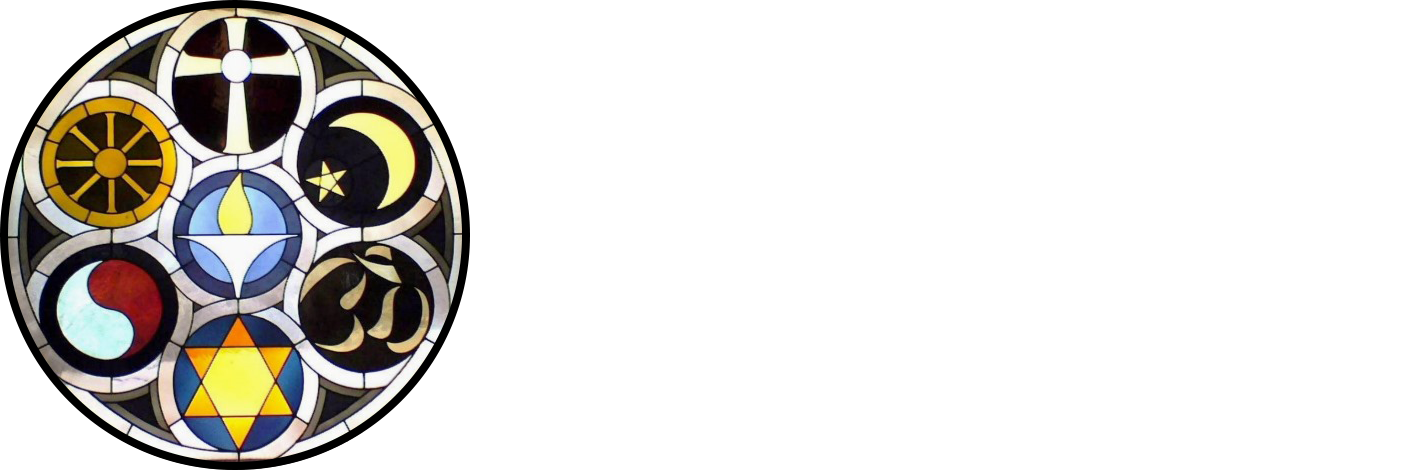Spirituality and Social Justice
Many of the founding fathers and mothers of our country were either Unitarians or sympathetic to Unitarianism. John and Abigail Adams, Benjamin Franklin, Thomas Jefferson and many more had Unitarian views. In many cases, they were very religious and pious Christians, but they did not believe in the Trinity. The concept of Father, Son and Holy Ghost did not make any sense to these thinkers.
“There is not any reasoning which can convince me, contrary to my sense, that three is one and one three,” said Abigail Adams. “From {many passages} of scripture, I am led to believe in the unity of the Supreme Being.” She was a Bible reader. She was a Christian. She was a Unitarian.
But fast forward over 200 years, and Unitarianism has changed. In most cases we are no longer pious people, in most cases we are not Christians, and many Unitarians question God. As the old joke says, “Unitarians believe in one god, at most.” But that’s not really true either, as some believe in multiple gods. We have atheist and agnostic Unitarians, Christian Unitarians, Buddhist Unitarians, Pagan Unitarians and many other combinations. That’s as it should be. The very meanings of Unitarianism and Universalism have not been stagnant over time. It has been central to our tradition to understand truth as an evolving, growing reality and to understand that no one person, church, science, or generation can grasp the whole of truth or define it once and for all.
But many UU congregations are steadily moving away from any discussion of spiritual and religious issues and are moving away from being religious/spiritual communities at all - transitioning to being exclusively social activism communities. I think that's a big mistake for the UU denomination and I will go so far as to say it will eventually lead to its downfall. It's not that social activism isn’t important, but it can’t be the basis for our religion or faith. If we don’t have a sound spiritual base, we should be a social justice club. A Meetup Group. An Indivisible Group. A political organization.
There is a tendency for us – the thoroughly modern Unitarians - to believe that we have "arrived" as fully rational and highly educated human beings, and that there is no longer any need for us to consider or contemplate the mystery or the reality of our existence. I believe there are still profound questions about a higher power, spirituality, life and death, nature and humanity, and our origins that are worthy of the time of a free-thinking denomination.
I take a broad-brush approach to spirituality. I have done programs on the Spirit and Nature of Travel, Wilderness for the Soul, and many other topics, which I consider spiritual as they help us to understand our lives and how we can make them calmer, more enlightened, more centered, and perhaps better. Those involved in social work, medicine or public service have told me that they need to take care themselves first before they can properly help others. There is a good reason why flight attendants say, “In case of loss of cabin pressure, secure your own oxygen mask before assisting others.” I believe that we – those of us here in this Fellowship - have spiritual needs that should be addressed, whether or not we are involved in social justice.
A UU congregation offers individuals a network of opportunities to become involved with social justice issues. Many individuals join a UU congregation precisely for that reason. But some people prefer to keep their political and spiritual lives separate, and that is why UU congregations usually present a diverse set of programs for service and for witness. We must respect the fact that each person’s approach to social action is different. No one is required to be involved in social action in order to be a part of our congregation. Yet I have seen people come and leave Unitarian congregations, including this one, because the congregations are too activist. Many Unitarians would rather come to learn and share and ponder the spiritual aspects of life.
I follow the news, in newspapers, on TV, and online, and I’m sure you do too. We are bombarded, especially in the last couple of years, with so many issues where social activism is needed. Where civil disobedience is needed. Where love and compassion are needed. It’s overwhelming. I have learned many things about social justice, especially LGBTQ+ issues, from attending the Black Hills Unitarian Universalist Fellowship. But I don’t always want to discuss activism when I come to church.
Personally, I am always searching for inspiration, and it is something that I want and need to find every single day. Often I find it in nature, or in a sermon by Mahala Bach. Sometimes I find it in the kindness, or the need, of someone I meet on the street. I may find it from a sacred text, from a book, from music, from something I watch, or from the way my cat Spirit goes about her life of pure purring love. (I think humans should be more like her.) But I need that inspiration in order to live a better life so that I can help others. If we only discuss and do social activism without that inspiration, there’s a good chance that it will fall flat, or that we will burn out, or that we may even do the wrong thing. I come to the Black Hills UU Fellowship for spiritual uplift that will inspire my wish to take action in the world.
Valerie Naylor, Vice President, BHUUF
June 2018

